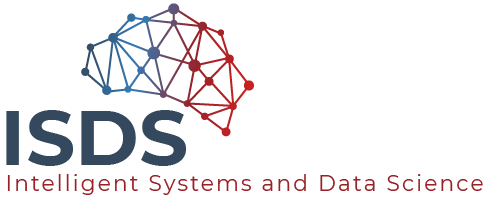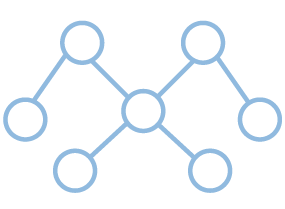Technology-Topic Framework
The Technology-Topic Framework (TTF) is a novel approach which uses a semantically enhanced technology-topic model to forecast the propagation of technologies to research areas. TTF characterizes technologies in terms of a set of topics drawn from a large-scale ontology of research areas over a given time period and applies machine learning on these data to forecast […]


 Scholarly Knowledge Mining
Scholarly Knowledge Mining
 Digital Humanities
Digital Humanities
 Data Science
Data Science
 Smart Cities and Robotics
Smart Cities and Robotics
You must be logged in to post a comment.